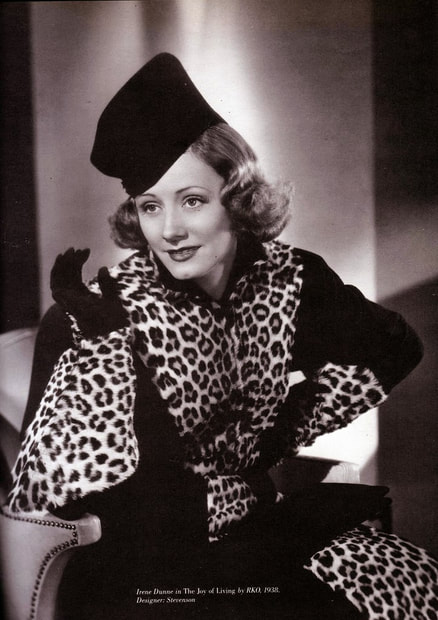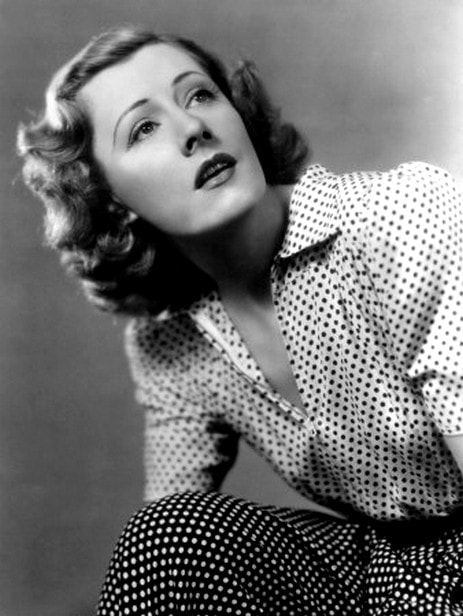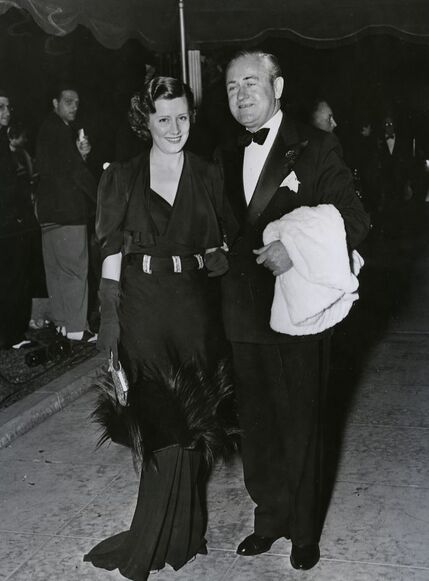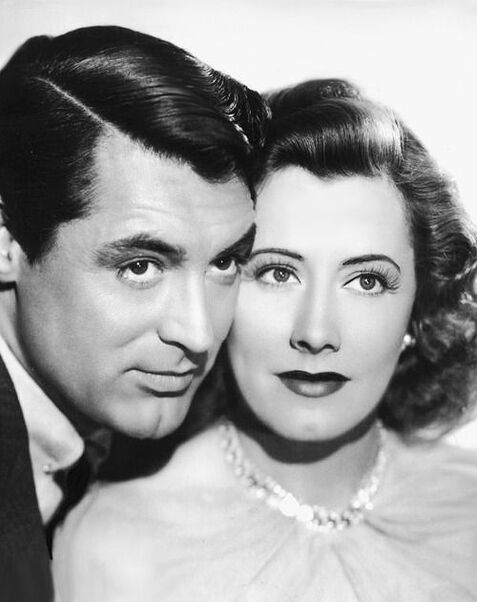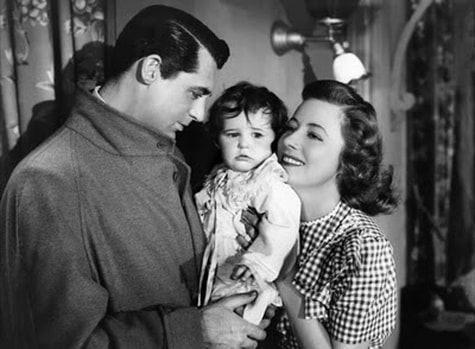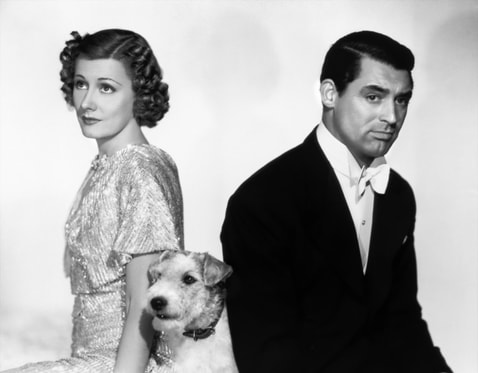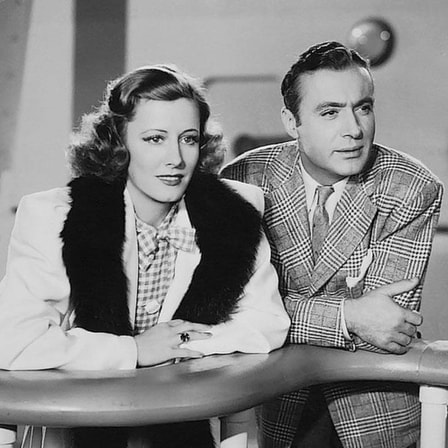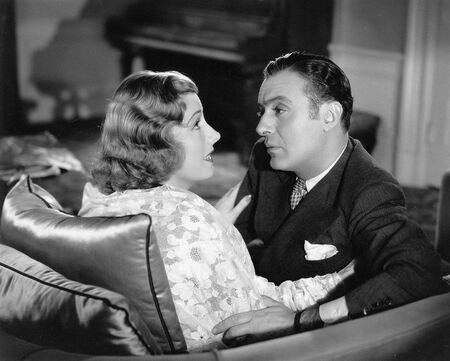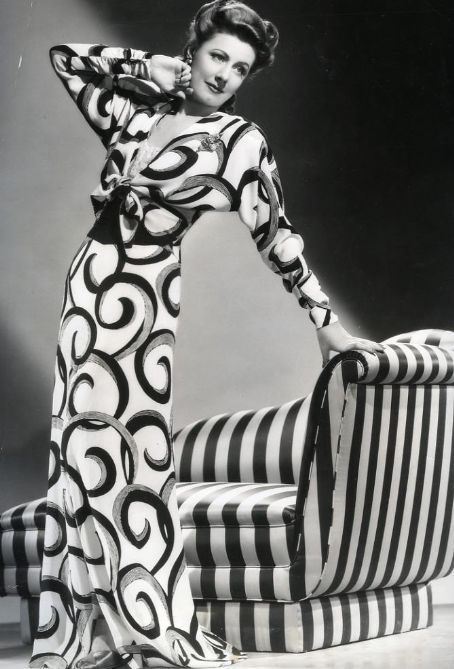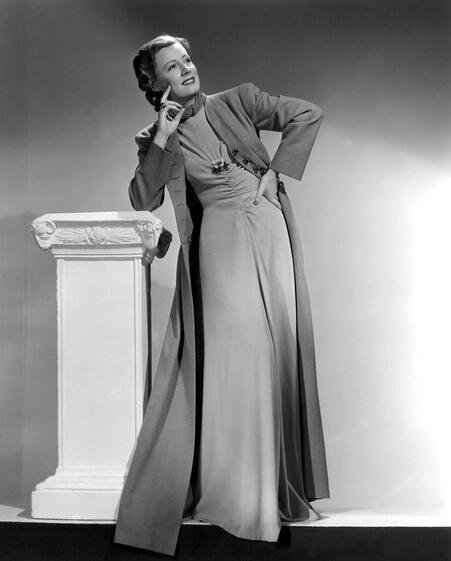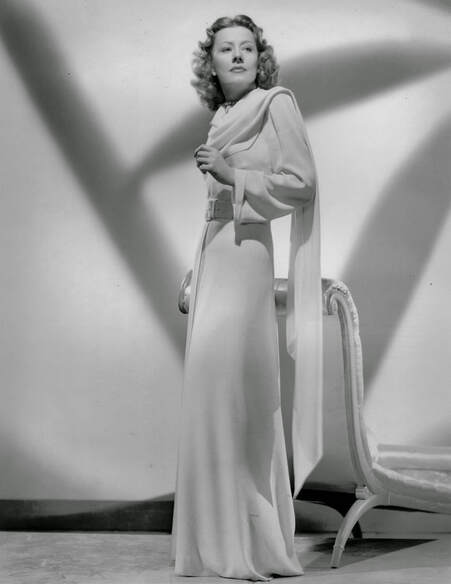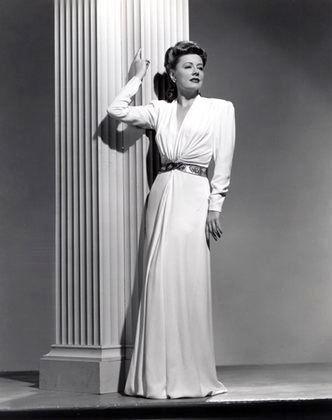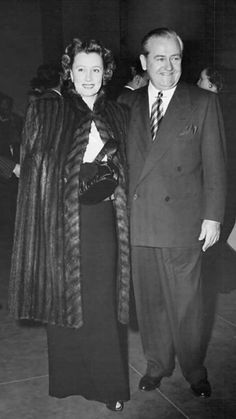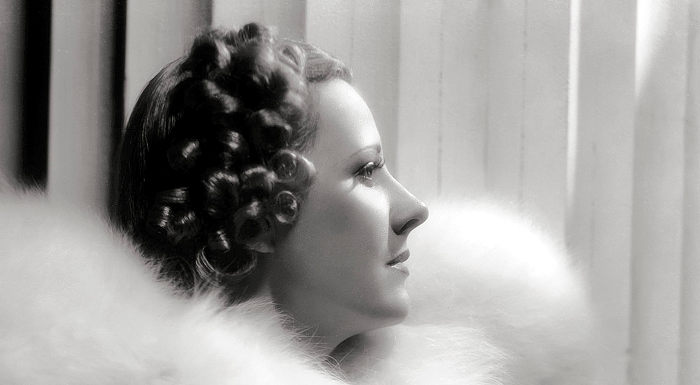Profile of Irene DunneIrene Dunne DHS (born Irene Marie Dunn) was an American actress and singer who appeared in films during the Golden Age of Hollywood. She is best known for her comedic roles, though she performed in films of other genres. She starred in 42 movies and in popular anthology television, and made guest appearances on radio until 1962; she was nominated five times for the Academy Award for Best Actress—for her performances in Cimarron (1931), Theodora Goes Wild (1936), The Awful Truth (1937), Love Affair (1939), and I Remember Mama (1948)—and was one of the top 25 highest-paid actors of her time. Irene Dunne is considered one of the best actresses who never won an Academy Award and one of the best comedic actresses in the screwball genre. She was nicknamed "The First Lady of Hollywood" for her regal manner despite being proud of her Irish-American, country-girl roots. Dunne devoted her retirement to philanthropy and was chosen by President Dwight D. Eisenhower as a delegate for the United States to the United Nations, in which she advocated for world peace and highlighted refugee-relief programs. She received numerous awards for her philanthropy, including honorary doctorates, a Laetare Medal from the University of Notre Dame, and a papal knighthood—Dame of the Order of the Holy Sepulchre. In 1985, she was awarded a Kennedy Center Honor for her services to the arts. Biography of Irene DunneIrene Marie Dunn was born on December 20, 1898 in Louisville, Kentucky. Her mother a concert pianist/music teacher of German descent taught her to play the piano as a very small girl—according to Dunne, "Music was as natural as breathing in our house". After her father, an engineer, died when she was 14, Dunne's family relocated from Kentucky to Indians, but saved all of his letters. She cherished the memories of her father all her life. She used to say, "No triumph of either my stage or screen career has ever rivalled the excitement of trips down the Mississippi on the riverboats with my father." She would also remember and live by what he told her the night before he died: "Happiness is never an accident. It is the prize we get when we choose wisely from life's great stores." Irene Dunne's first school production of A Midsummer Night's Dream began her interest in drama, so she took singing lessons as well, and sang in local churches and high school plays before her graduation in 1916. In 1920, while still second year student in Chicago Musical College, she relocated to New York hoping to become a soprano opera singer but failed two auditions with the Metropolitan Opera Company. Dunne took more singing lessons and then dancing lessons to prepare for a possible career in musical theater, eventually she starred as the leading role in the popular play Irene, which toured major cities as a roadshow throughout 1921. For the next few years Irene Dunne continued playing musical on Broadway until she was scouted by RKO. In 1924 at a supper party in New York, Dunne met Francis Griffin, a dentist and they married in Manhattan on July 13, 1927. In 1930, Irene Dunne made her Hollywood film debut in the musical Leathernecking. Already in her 30s when she made her first film, she would be in competition with younger actresses for roles, and found it advantageous to evade questions that would reveal her age, so publicists encouraged the belief that she was born in 1901 or 1904. The "Hollywood musical" era had fizzled out, so Dunne moved to dramatic roles during the Pre-Code era, leading a successful campaign for the role of Sabra in Cimarron (1931) winning her first Best Actress nomination. After Dunne's RKO contract expired she decided to become a freelance actor, and shortly after received her second Best Actress Oscar nomination for her performance in Theodora Goes Wild (1936), her first comedy role. In 1937, Irene Dunne starred in film The Awful Truth (1937), the first of three films she played opposite Cary Grant, with the other two being My Favorite Wife (1940) and Penny Serenade (1941). Dunne also starred in three films with Charles Boyer: Love Affair (1939), When Tomorrow Comes (1939), and Together Again (1944). Dunne and Grant were praised as one of the best romantic comedy couples, while the Dunne and Boyer pairing was praised as the most romantic in Hollywood. Nicknamed “The First Lady of Hollywood”, Irene Dunne’s fashion tastes were often the talk of newspapers and Best Dressed lists featured her as one of the most stylist celebrities in the world. Irene Dunne explained in a 1939 fashion-advice interview that her husband was partially responsible because he was equally stylish, but also chooses outfits based on personality, color scheme and the context of where the outfits will be worn. McCall's magazine later revealed Dunne chose outfits specifically designed for her by Mainbocher and Jean Louis because she did not like buying clothes in stores. The comedy It Grows on Trees(1952) was Dunne's last movie performance, and her last acting credit was in 1962. In her retirement, Irene Dunne devoted herself primarily to humanitarianism. In 1957, President Eisenhower appointed Dunne one of five alternative U.S. delegates to the United Nations in recognition of her interest in international affairs and Roman Catholic and Republican causes. Dunne died at the age of 91 in her Holmby Hills home on September 4, 1990 after bed riden for a month.
0 Comments
Leave a Reply. |
Categories
All
Archives
December 2023
|
